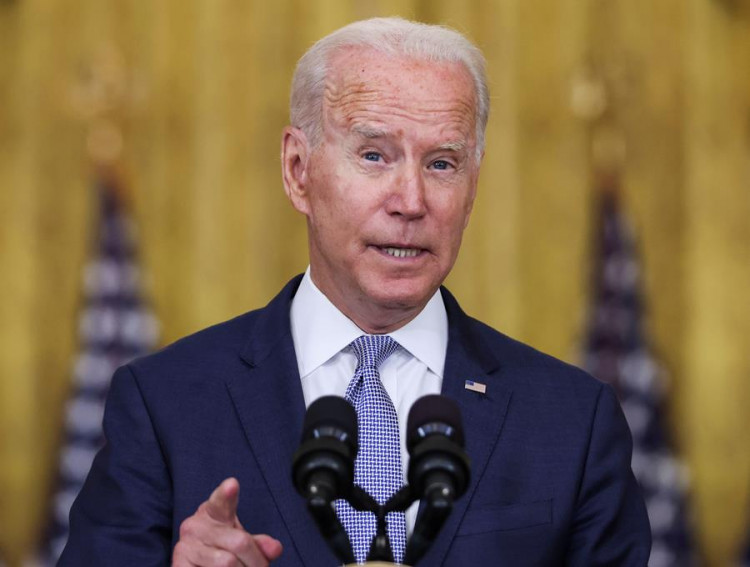The Biden administration has circumvented a Republican blockade, authorizing $109 million to fund an international mission aimed at countering the rampant gang violence plaguing Haiti. The decision, described as the "nuclear option," was announced by the State Department and underscores the administration's commitment to restoring order in Haiti despite political hurdles.
Secretary of State Antony Blinken's directive to proceed with the funding comes after months of stalled efforts due to opposition from GOP lawmakers, notably Rep. Michael McCaul of Texas and Sen. Jim Risch of Idaho, who had refused to lift their hold on the funds. This hold had delayed the deployment of Kenyan special-forces police officers designated to lead the mission in Port-au-Prince.
"By moving forward with the obligation of resources, the Secretary is also indicating to other countries the sincerity and seriousness of our commitment, in part to incentivize others to increase their own contributions to the mission," a senior State Department official told The Miami Herald.
The U.S. has pledged a total of $300 million towards the mission, which is estimated to cost around $600 million. While the Defense Department secured $200 million without issue, the State Department faced significant challenges in accessing the remaining $100 million. The newly authorized $109 million will be crucial in addressing logistical needs highlighted by a Kenyan assessment team, including the provision of armored vehicles, radios, and helicopters necessary for the mission's success.
The Kenyan-led force, alongside contributions from countries such as Jamaica, Chad, Bangladesh, and Benin, aims to support Haiti's beleaguered national police. Haiti currently has around 4,000 police officers, significantly short of the 38,000 recommended by the United Nations to maintain adequate security.
Haitian police leaders recently met with Kenya's general police inspector, Japhet Koome, in Nairobi to discuss the mission. "We are ready and committed to helping when needed," Koome assured, signaling Kenya's readiness to deploy forces and provide training for Haitian police.
The mission faced initial setbacks, with deployment originally scheduled for May 23 to coincide with Kenyan President William Ruto's visit to the White House. However, legal challenges in Kenya and logistical doubts postponed the deployment. Now, with the funding in place, forces are expected to arrive in Haiti by late June.
The urgency of the mission is underscored by the dire situation in Haiti, where powerful gangs have seized control of police stations, attacked government infrastructure, and displaced over 100,000 people. Despite a recent lull in coordinated attacks, violence persists, as evidenced by a massacre in the Artibonite Valley north of Port-au-Prince last weekend, where 11 people were killed by gang members.
"The people of Haiti cannot wait, and Secretary Blinken made the necessary decision to follow through with our commitment to support the MSS mission, the personnel deploying to the mission, and the HNP [Haiti National Police] in their efforts to provide security to the Haitian people," the State Department official stated. The decision also sends a strong signal to other nations about the seriousness of the U.S. commitment, potentially encouraging additional contributions to the mission.
The Multinational Security Support mission (MSS), which Kenya first volunteered to lead nearly a year ago, received approval from the U.N. Security Council in October. However, repeated delays and political opposition have cast doubt on the mission's feasibility. U.S. officials, citing security concerns, have refrained from providing a specific deployment date but remain confident in the Kenyan government's assurances.
Despite the obstacles, the Biden administration's decisive action to secure funding marks a significant step towards stabilizing Haiti. The move not only demonstrates the U.S. commitment to international security cooperation but also highlights the complex interplay of domestic politics and foreign policy in addressing global crises.






